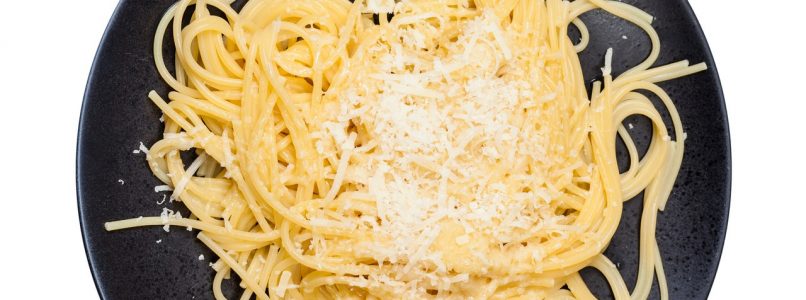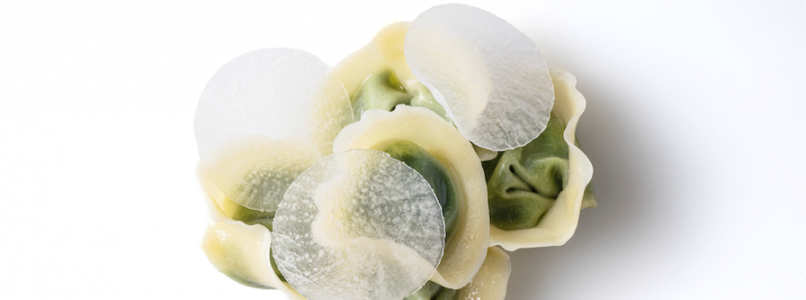Celebrate the 25 April it’s a must, why not do it with a plate of anti-fascist pasta? With war unfortunately shouting from many countries around the world, it is more than right to be grateful to those who fought, those who suffered, those who fell, for our freedom. We are lucky and we should remember this every day, even better if through gestures of help towards those in need. With a sense of light superficiality, let’s spend Liberation Day in serenity. If the weather permits it in the open air, at any rate conviviality around a set table or with a sandwich in handsavoring not only the flavors, but the freedom.
What did the partisans eat?
Food tells our story and it is natural to wonder what the partisans ate during the times of the Resistance. As it is easy to imagine, there wasn’t much available under the fascist regime, autarky was strict, ingredients such as olive oil or sugar were luxury, even pasta was not accepted. For the partisans, the situation was even worse, having to also fight hunger through a subsistence cuisine, partly contraband thanks to the support of civilians ready to help them at a very high price (there was a real risk of being shot by the black militias if discovered).
A few years ago, a timeless book was released, entitled Partisans at the table. Stories of resistant food and recipes of freedom by Lorena Carrara and Elisabetta Salvini (available on Amazon), which traces the Resistance through food. There are many episodes told that make the heart ache and hope: from the reconstruction lasagna enjoyed by Teresa Noce returning from the death camps to the 35 thousand children fed by Emilian women in the harsh winter of ’45. What has stuck in my memory the most refers to 380 kilos of butter pasta offered by the Cervi family to the entire town of Campegine to celebrate the fall of the regime. A day of extraordinary generosity that gave birth to anti-fascist pasta, a symbolic dish never to be forgotten for its intrinsic value. In fact, the Duce preferred a healthy diet based on cereals, rice had ousted pasta, practically banned – as can also be seen from The Manifesto of Futurist Cuisine by Tommaso Marinetti.
History of anti-fascist pasta?
The anti-fascist pasta was actually born before the Liberation, but it has still remained a symbolic dish today, re-proposed at a national level with various activities spread throughout Italy both on 25 April and on July 25th. Let’s see why.
The July 25, 1943following the meeting of the Grand Council of Fascism, Mussolini was deposed and arrested, thus marking the end of fascism afterwards 21 years. The king designated the marshal of the army Pietro Badoglio as the new head of government, who however did not stop the war, but sided with the Germans. However, it was an event worth celebrating Cervi brothers they procured the flour, took butter and cheese on credit from the dairy and prepared kilos and kilos of pasta. They loaded the wagon and took it to the square in Campegine ready to distribute it to the people of the town. A great day of celebration, a sigh of relief awaiting the long-suffering democracy.
In memory of that event, and to celebrate the liberation of Italy from Nazi-fascism, like every year also for this 25th April Deer House will host the big party which will start at 10 am and last the whole day.



